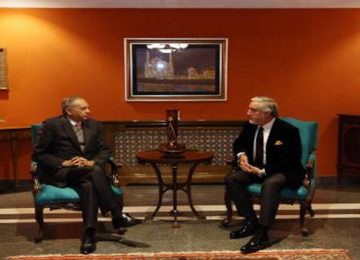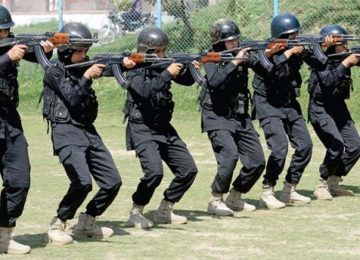October 22, 2020
The recent stampede incident which took place near Pakistan’s consulate at Jalalabad, taking lives of fifteen innocent Afghans, highlights the loopholes in visa services. Among the killed, 11 were women and numerous injured also included pregnant women and elderly. This signals a sense of urgency for overhauling mechanisms for easy and accessible visa services, to be taken on humanitarian grounds.
The event occurred while as many as 3,000 Afghans gathered outside the Pakistani consulate to get token for visa application. The Afghans ravaged by four decades of war, have a strong reliance on neighboring Pakistan for medical treatment, education, businesses, and daily basis transactions emanating from various reasons, with tens of thousands of Afghans travelling to Pakistan each year.
This incident once again underlines the need for streamlining the visa services and making such services accessible to as many people as possible. This should come in place along with the ongoing efforts, aimed at facilitating Afghans under new visa policy with its flexible provisions regarding both availability of visa services and extension in the duration of stay.
Center for Research and Security Studies (CRSS)-the sister organization of Afghan Studies Center, through its Beyond Boundaries Pak-Afghan Track 1.5 and II dialogues, has always emphasized the need for facilitating visa services and actively advocated the streamlining of mechanisms for such services. in this regard, CRSS has always tabled the recommendations emanating from the dialogues to the relevant policy makers across the two countries.
However, the facilitation enshrined by the new visa regime would be truly materialized only when the right mechanisms for obtaining visa at easily accessible terms are ensured. This may require not only steps to be taken from Pakistan but also cooperation from Afghanistan. Therefore, both countries need to work out proper mechanisms to be put in place at the Pakistani diplomatic missions throughout Afghanistan, that may help in avoiding repetition of such an incidence in the future.
The author Tooba Altaf is an International Relations’ graduate, while working as a Researcher at Center for Research and Security Studies (CRSS), Islamabad.
© Center for Research and Security Studies (CRSS) and Afghan Studies Center (ASC), Islamabad.








